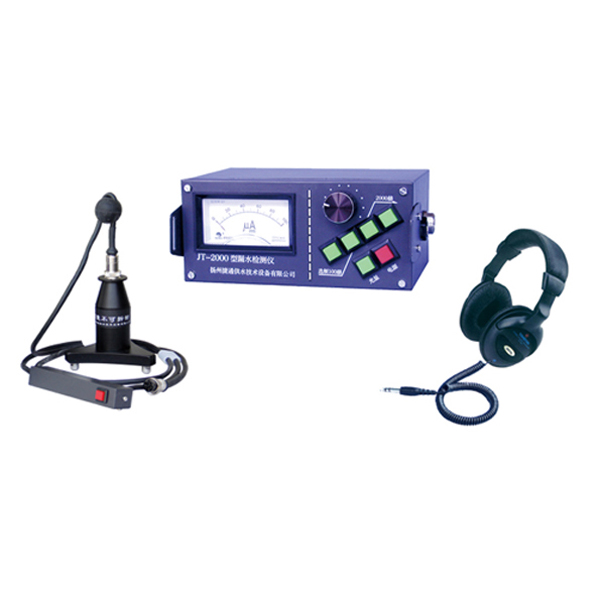

market@chinacoalintl.com
Underground water leak detectors are devices used to locate and identify leaks in water supply and distribution systems. Several factors can affect the performance and effectiveness of these detectors. Here are the key factors to consider:
Type of Detector Technology: Different types of detection technologies are available, including acoustic, electromagnetic, ground-penetrating radar (GPR), and tracer gas-based detectors. The choice of technology depends on factors such as the type of pipe material, the depth of the pipes, and the size of the leak.
Pipe Material and Diameter: The composition and diameter of the pipes being monitored can impact the effectiveness of the leak detector. Some technologies work better with specific pipe materials like metal or plastic.
Soil Composition: The type of soil above the water pipes can affect the propagation of sound or electromagnetic signals. Different soil types have varying levels of conductivity and sound absorption, which can influence the detector's accuracy.
Depth of Pipes: The depth at which the pipes are buried can affect the sensitivity and range of detection. Deeper pipes might require more advanced or powerful detectors to accurately locate leaks.
Environmental Noise: Urban environments can have a significant amount of background noise, which can interfere with acoustic-based leak detectors. Noise-canceling and signal filtering mechanisms may be needed to isolate leak-related sounds.
Water Flow Rate: The flow rate of water in the pipes can impact the ability to detect leaks. Higher flow rates can generate more noise, making it easier to identify leaks acoustically.
Leak Size and Rate: Smaller leaks or slow leaks may produce fainter sounds or weaker electromagnetic signals, making them more challenging to detect. Different detectors might be better suited for different leak sizes and rates.
Operator Skill: The operator's expertise in using the detection equipment can significantly impact the success of leak detection. Proper training and experience are essential to interpret the signals accurately.
Weather Conditions: Environmental factors such as temperature, humidity, and rainfall can influence the performance of underground water leak detectors. Rain and temperature fluctuations, for example, can affect the way sound travels through the ground.
Equipment Calibration and Maintenance: Regular calibration and maintenance of the detection equipment are necessary to ensure accurate results. Malfunctioning or improperly calibrated equipment can lead to false positives or missed leaks.
Terrain and Obstacles: The terrain above the pipes, including hills, vegetation, and buildings, can affect the propagation of signals and complicate the detection process.
Budget and Resources: The budget available for leak detection technology can influence the choice of equipment and technology level. More advanced equipment might offer better accuracy but could come at a higher cost.
Local Regulations: Some regions might have regulations or standards for leak detection and repair in water distribution systems. These regulations can influence the choice of equipment and methods.
In summary, the effectiveness of underground water leak detectors depends on a combination of technology, environmental conditions, pipe characteristics, operator skills, and equipment maintenance. Understanding these factors and choosing the appropriate detection method for specific situations is essential for successful leak detection and water conservation.

© Shandong China Coal Group. © 2017
Address: No. 11, North of Kaiyuan Road, High-tech Zone, Jining City, Shandong Province, China
sales@chinacoalintl.com
Executive Editor: Zhang Wen / Editor: Linda Zhang